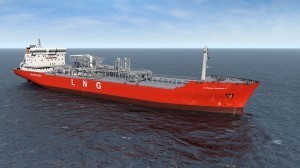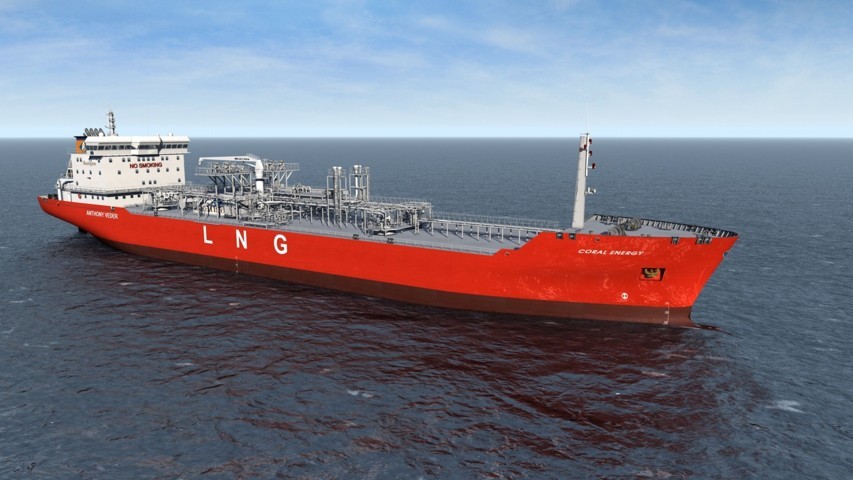 Russia and China have come to an arrangement that will see Russia supply four hundred billion dollars’ worth of natural gas. The deal was sealed amid diplomatic differences between Russia and Western powers related to Russia’s invasion of Ukraine and the ensuing crisis. The deal is the biggest in the history of Russia and the OAO Gazprom (the world’s leading gas producer) and will enable the country to export gas volumes equivalent to half the volume of gas used in Canada. This mega-billion deal, which will be in force for the succeeding three decades, raises questions to the objectives of British Columbia with its intent to become a major LNG exporter to Asian markets. Russia is planning to construct a pipeline for natural gas from the OAO Gazprom zone to China and set up plants in the state that will ensure proper dispersion of the piped gas. The gas is expected to start flowing into China as early as 2018. The pipeline will be constructed from the Northwestern interior of China to the South Coast so that it may cover a broad area. The deal brings a great victory to Russia during this time of its ongoing diplomatic wars with Western nations, and it is also beneficial to China’s energy market. Some parliamentarians from Russia have even recommended that the US President waive sanctions against Russia. These sanctions were initially enacted as a way of compelling Russia to stay out of Ukraine.
Russia and China have come to an arrangement that will see Russia supply four hundred billion dollars’ worth of natural gas. The deal was sealed amid diplomatic differences between Russia and Western powers related to Russia’s invasion of Ukraine and the ensuing crisis. The deal is the biggest in the history of Russia and the OAO Gazprom (the world’s leading gas producer) and will enable the country to export gas volumes equivalent to half the volume of gas used in Canada. This mega-billion deal, which will be in force for the succeeding three decades, raises questions to the objectives of British Columbia with its intent to become a major LNG exporter to Asian markets. Russia is planning to construct a pipeline for natural gas from the OAO Gazprom zone to China and set up plants in the state that will ensure proper dispersion of the piped gas. The gas is expected to start flowing into China as early as 2018. The pipeline will be constructed from the Northwestern interior of China to the South Coast so that it may cover a broad area. The deal brings a great victory to Russia during this time of its ongoing diplomatic wars with Western nations, and it is also beneficial to China’s energy market. Some parliamentarians from Russia have even recommended that the US President waive sanctions against Russia. These sanctions were initially enacted as a way of compelling Russia to stay out of Ukraine.
The deal became the centre of talk at the LNG conference in British Columbia, where Christy Clark, the Premier of BC, was the keynote speaker. However, Ms. Clark has played down speculations that the deal between Russia and China will affect Canada’s ambition to be a main supplier of LNG to Asia. She said the deal was not significant to the market available in China and the Asia-Pacific region as a whole, given that Canada would indeed be a true and reliable long-term supplier of LNG. The Premier further pointed out that many LNG-importing countries would not want to solely rely on a single supplier – especially Russia, an unstable nation. She added that China possesses a big need for gas energy since the country is planning to replace coal as its primary source of energy with the cleaner natural gas. Although she downplayed the whole issue, it is plain that the natural gas market is immediately a lot more competitive and that BC now has to rectify its tax regime and other policies in order to stay relevant in the marketplace. BC has received support from its Asian customers, who termed it as a trustworthy and dependable source of natural gas. However, much remains to be done as there is a requirement to build an efficient pipeline network to facilitate the transit of natural gas to the coast of BC. These changes need to be addressed as soon as possible; otherwise, Canada will be left behind by its competitors, which include Qatar, Russia, and in the future the United States of America. Nonetheless, Canada is a young player that could be a meaningful supplier as the market unfolds if it adheres to its policies of not politicizing its energy supply.

